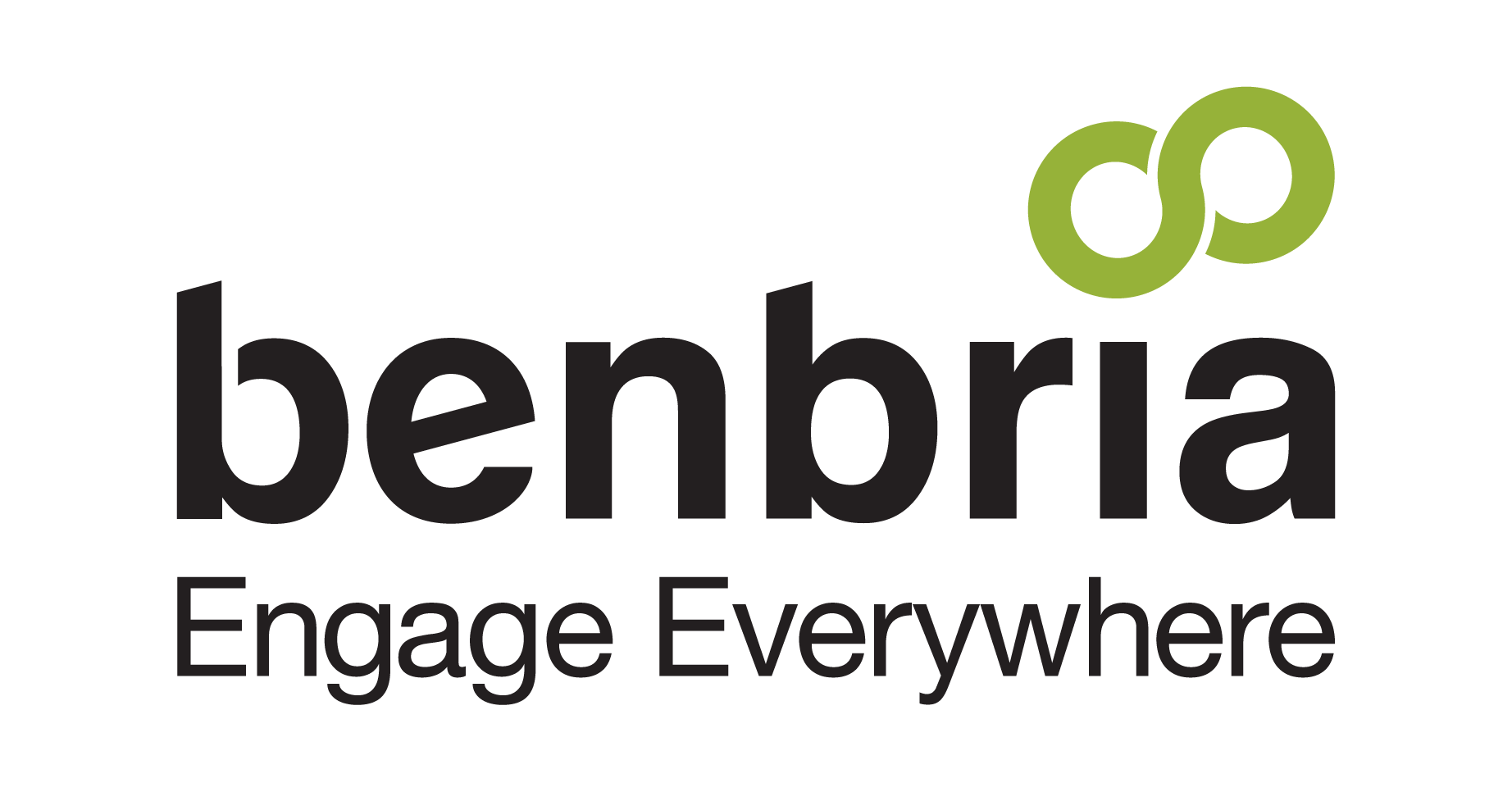Shannon Bedard is the Senior Vice President and Founding Partner of Digital Alchemy, a CRM solutions provider that creates one-of-a-kind products for hospitality clients around the globe. She sat down to talk to us about Digital Alchemy’s mission, how guest engagement drives revenue, and what Digital Alchemy’s new partnership with Benbria means for the hospitality industry.
Q: For more than 15 years, Digital Alchemy has been bringing guest engagement solutions to hospitality brands around the globe. What was the motivation for founding the company? What market need were you trying to meet?
Don Hay, who is Digital Alchemy’s CEO and my founding partner, had a vision back when he was CIO at KSL Resorts. Back then, hotels were communicating through traditional means, such as fax and mail. Nobody was communicating with hotel guests via email—it wasn’t even called email then. It was called AOL, but Don knew it was important. When I came onboard, I immediately saw the money-making opportunity for clients and hotels.
Guest feedback on receiving confirmations this way was overwhelmingly positive and really got us noticed because we were the first in the industry to send communications this way. We started this in the Palm Springs area of California, where hotels in July and August typically ran less than 10 percent occupancy. Basically, they had to almost pay guests to book a visit. When the STAR reports came out, the hotels we were working with were in the 25 and 30 percent range, and everybody was like, “Oh my gosh, what are you doing?” So we knew we had a winner and created the investment money to really make it happen and put something behind it.
Q: You’ve been working in the field of guest engagement for quite some time now. Why do you think guest engagement is such an important component of the hospitality industry?
People will return to a property, or one that’s trusted by a friend, if you make them a compelling and very well-timed offer. We have a patented technology that actually puts offers back into the guest inbox around the same time frame that they’ve opened up other messages. For properties that carefully segment and create dynamic offers that are really tailored to their guests, the return on investment can be ten times greater than any other channel that they use.
Q: In your view, how does guest engagement drive revenue for hotels?
The return on investment is huge, but I think what we really do—and that’s where Loop comes in—is engage guests so they’ll spend more while they’re on the property. This is done both through pre-arrival messaging and after check-in. It’s about getting them to have a drink on the property rather than at the bar across the street. When the guest already has that conversation going with you, then it’s really easy for them to continue that conversation throughout their stay. When you thank them and invite them to share their sentiments, you gain that relationship and you start the cycle all over again.
Q: Besides technology, what can hoteliers do to really get their guests engaged and drive long-term loyalty? What are the potential consequences of not engaging guests?
Everyone wants to feel like they’re a VIP when they walk through the door, and you do this by making offers that are really targeted to them.
One of my favorite uses of our system is to have the property offer guests that are staying more than two days a six-pack of their favorite beverage. For a small amount of money, the property can earn the guest’s loyalty. In return, hotels get the positive comments on TripAdvisor, they get a relationship going, and it just makes the biggest difference. I know we’re a technology company, but I’ve spent almost 30 years in this industry, and it really comes down to the extra things you can do that the guest won’t get anywhere else.
Q: What are the potential consequences of not engaging guests?
When you don’t engage your guests, what differentiates you from the 50 hotels that are around you? What are you doing to create that type of personalized experience? Are you looking outside the box at what other properties are doing and determining what you can be doing to engage your guests? Whatever you do, you want it to be in line with the culture of your hotel and what you represent.
Q: What is the importance of personalizing the guest experience? How does Digital Alchemy accomplish this?
It’s about tailoring each offer and each communication to your guest. We have so much data on each guest, whether it be from past stays, the information in the PMS, and what we can get from different data analytic companies. Hotels typically ignore that. They have all of this information at their fingertips. When you’re able to drill down and provide really compelling offers that are interesting to the guest, every email is going to matter. We go through a very specialized segmentation; that’s what Digital Alchemy is really all about.
Q: Recently, Benbria and Digital Alchemy became partners. What does this partnership mean for the hospitality industry? What value can brands receive from this partnership?
I cannot be more thrilled about the synergy between our two companies. Loop is one of the finest guest engagement platforms in our industry, and the fact that Digital Alchemy can place those messages into the inbox of the guest and get them to utilize such a great service helps drive loyalty, guest satisfaction, and revenue. I’m really excited about what’s to come, because once we’re able to take what those guests are requesting through the Loop platform and use that to enhance their overall profile, we can create even more personalized and tailored communications.
Q: As technology becomes more and more sophisticated, how do you see the hospitality industry evolving in the next five or ten years?
When I first got into this business I said, “You know, this is probably going to be a nice three to five year run, because it’s not going to be long until these PMS companies have this kind of solution embedded inside it.” And here I am, 17 years later, and it still doesn’t exist at the level Digital Alchemy has achieved.
Now, as we move into the future, we’re starting to see robot and machine-serviced hotels in Asia. I think the front desk and the concierge desk will eventually become irrelevant. We’re seeing mobile keys, mobile payment, and guest engagement through a kiosk, and hotels are going to be able to have their staff serving the needs of the guest where it really matters most instead of where it’s a requirement. I think more and more, guests already expect the hotel to provide service with a click, and that trend is only going to accelerate. It makes our two industries even more prevalent.




